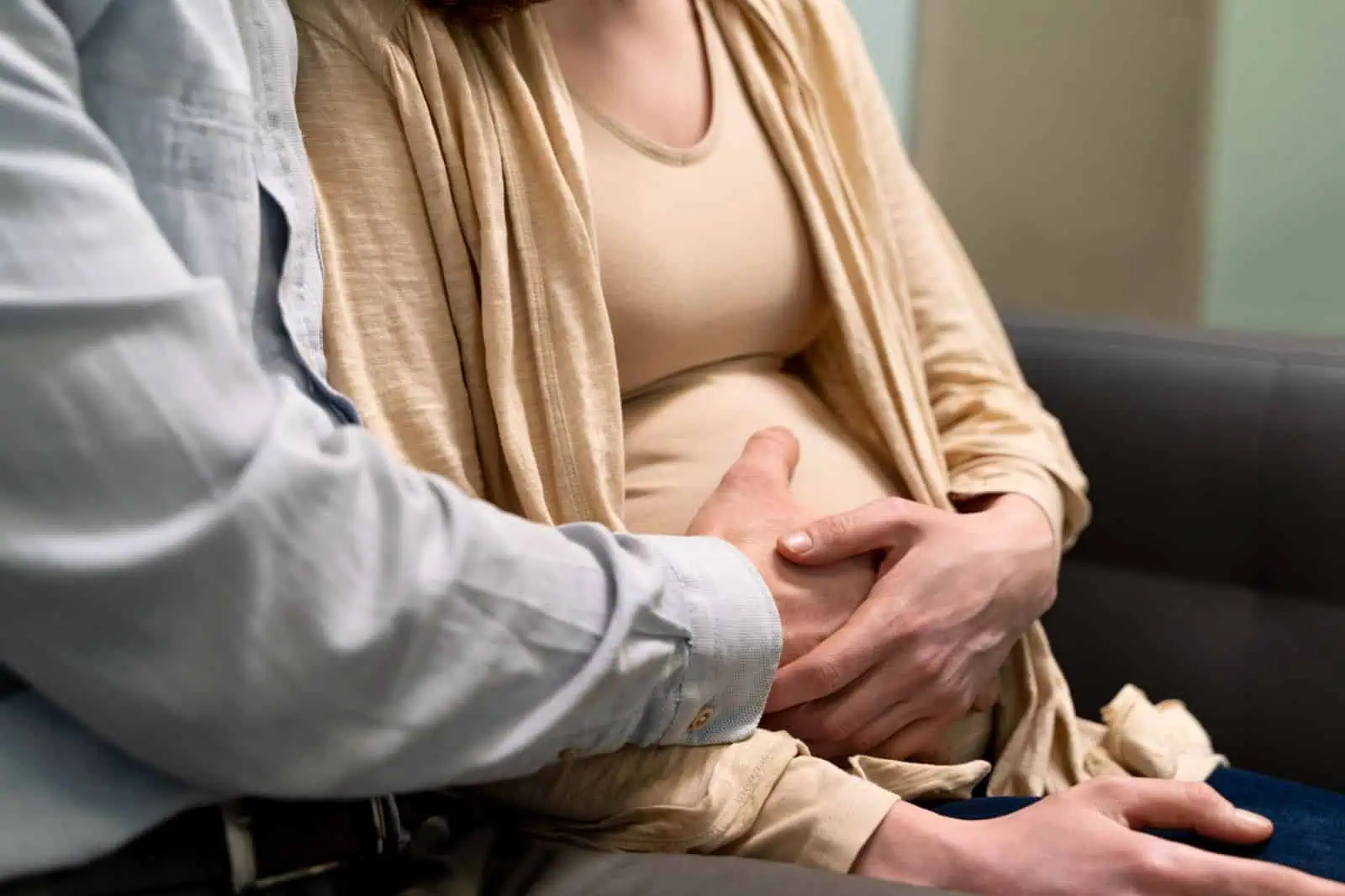Navigating Pregnancy and Maternity Care in the Netherlands
Congratulations on your upcoming journey to parenthood in the Netherlands! This guide aims to provide a comprehensive overview of the key aspects of pregnancy, prenatal and postnatal care, birth options, and parental benefits in this country.
Prenatal Care and Birth Options
Navigating pregnancy in the Netherlands involves several important considerations to ensure a smooth experience:
- Prenatal Care: As soon as you confirm your pregnancy, schedule an appointment with a midwife or an obstetrician. Generally, expectant mothers have regular appointments throughout pregnancy, increasing in frequency as the due date approaches.
- Ultrasounds: Dutch health insurance typically covers two ultrasounds—around week 10 (termijnecho) and week 20 (20-wekenecho) of pregnancy.
- Birth Locations: Hospitals are the most popular birth setting, but home births and birth centers are also options. Choose what suits you best based on your preferences and medical circumstances.
- Philosophy of Childbirth: The Netherlands values natural childbirth and midwifery care. Midwives play a central role in pregnancy and birth, emphasizing a holistic approach to pregnancy and birth as a natural process.
Postnatal Care and Beyond
Transitioning into parenthood includes postnatal care and considerations for your child’s future:
- Kraamzorg: The Netherlands takes pride in postnatal care, known as kraamzorg. A kraamzorg nurse provides daily check-ups and basic housekeeping during the first week after birth, ensuring both mother and baby are well cared for.
- Maternity and Paternity Leave: Mothers are entitled to at least 16 weeks of paid maternity leave, and partners receive one workweek of paid leave. Partners can also take additional unpaid leave for extended bonding time.
- Child Registration: After your baby arrives, registering the birth is mandatory within three days. This process involves obtaining a birth certificate from the local municipality.
- Vaccinations: Newborns receive Vitamin K and vaccinations within days of birth, followed by a comprehensive immunization program. The Dutch National Immunization Program helps protect your child from a range of diseases.
Prenatal Care Details
Understanding the specifics of prenatal care ensures you’re well-prepared for the journey ahead:
- Midwife Care: Midwives are central to Dutch prenatal care. Appointments increase in frequency as the due date nears, allowing midwives to closely monitor the health of both mother and baby.
- Prenatal Testing: Routine prenatal testing is limited, with additional screening for women over 36 or with certain risk factors. Your midwife will guide you on the necessary tests based on your individual circumstances.
- Antenatal Classes: Various classes, from yoga to hypnobirthing, are available for expectant parents. These classes provide essential information and techniques to prepare for childbirth and beyond.
Birth Options and Postnatal Care
Exploring your birth options and postnatal care ensures you’re ready for the delivery and the weeks that follow:
- Hospital Birth: Hospitals are a common choice for childbirth. While midwives emphasize natural birth, it’s possible to discuss pain relief options with the hospital.
- Home Birth: Home births are popular in the Netherlands, attended by midwives and nurses. Pain relief options are limited during home births.
- Kraampakket: Home birth recipients receive a maternity box with essential supplies. Birthing houses and outpatient clinics are alternative birth settings to consider.
- Maternity Nurse: Kraamzorg provides essential postnatal support, from medical care to household assistance. The service helps ease the transition into parenthood.
Child Care and Citizenship
Planning for your child’s future involves considerations beyond birth:
- Childcare: Registering for childcare begins early. Government allowances and benefits assist parents in financing childcare services.
- Dutch Citizenship: Children of Dutch mothers automatically gain citizenship. Children with Dutch fathers may require certain conditions for citizenship.
Parental Leave and Child Benefits
Balancing work and parenting involves understanding parental leave and available benefits:
- Parental Leave: Both mothers and fathers have rights to paid pregnancy and maternity leave. Additional parental leave is also available to spend quality time with your child.
- Child Benefits: Child benefits are available to parents with children under 18. The Social Insurance Bank (SVB) administers these benefits to support families financially.
Breastfeeding and Public Attitudes
Embracing breastfeeding and understanding societal attitudes ensure a positive experience:
- Breastfeeding: While public attitudes toward breastfeeding vary, progress has been made in making it more accepted. Various initiatives promote breastfeeding-friendly environments.
- Workplace Support: Laws mandate provisions for breastfeeding mothers in the workplace, ensuring a supportive environment for working mothers.
By understanding the comprehensive support available for expectant and new parents in the Netherlands, you can make informed decisions that promote a healthy pregnancy, a positive birth experience, and a smooth transition into parenthood.
